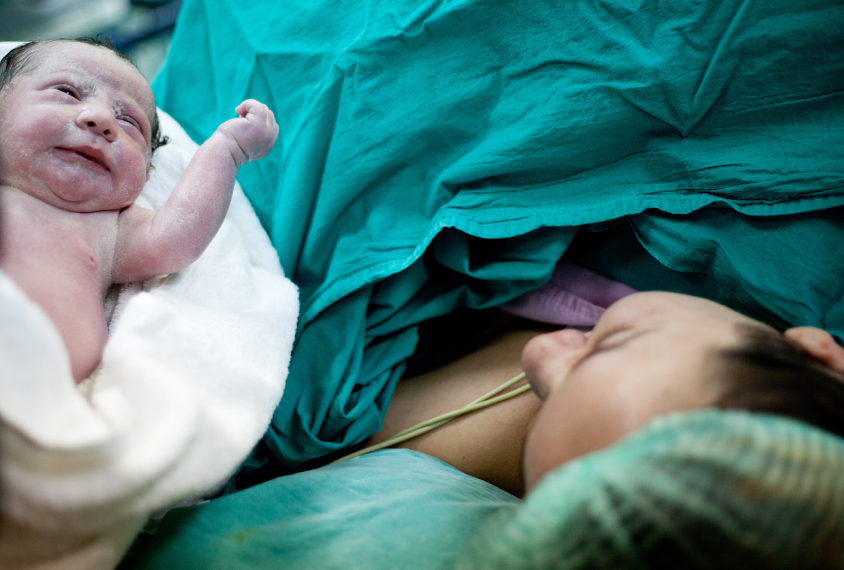
Andrew Whitehouse
Professor
University of Western Australia
From this contributor
High prevalence of developmental delay strains Australia’s support systems
The nation needs to build capacity to support the roughly 20 percent of children in Australia who have developmental delay.

High prevalence of developmental delay strains Australia’s support systems
Cesarean sections tenuously tied to autism
A new study that combines data from more than 20 million births has found that a cesarean section delivery is associated with autism and attention deficit hyperactivity disorder.

Cesarean sections tenuously tied to autism
Explore more from The Transmitter
Astrocytes orchestrate oxytocin’s social effects in mice
The cells amplify oxytocin—and may be responsible for sex differences in social behavior, two preprints find.

Astrocytes orchestrate oxytocin’s social effects in mice
The cells amplify oxytocin—and may be responsible for sex differences in social behavior, two preprints find.
Neuro’s ark: Spying on the secret sensory world of ticks
Carola Städele, a self-proclaimed “tick magnet,” studies the arachnids’ sensory neurobiology—in other words, how these tiny parasites zero in on their next meal.

Neuro’s ark: Spying on the secret sensory world of ticks
Carola Städele, a self-proclaimed “tick magnet,” studies the arachnids’ sensory neurobiology—in other words, how these tiny parasites zero in on their next meal.
Autism in old age, and more
Here is a roundup of autism-related news and research spotted around the web for the week of 2 March.

Autism in old age, and more
Here is a roundup of autism-related news and research spotted around the web for the week of 2 March.